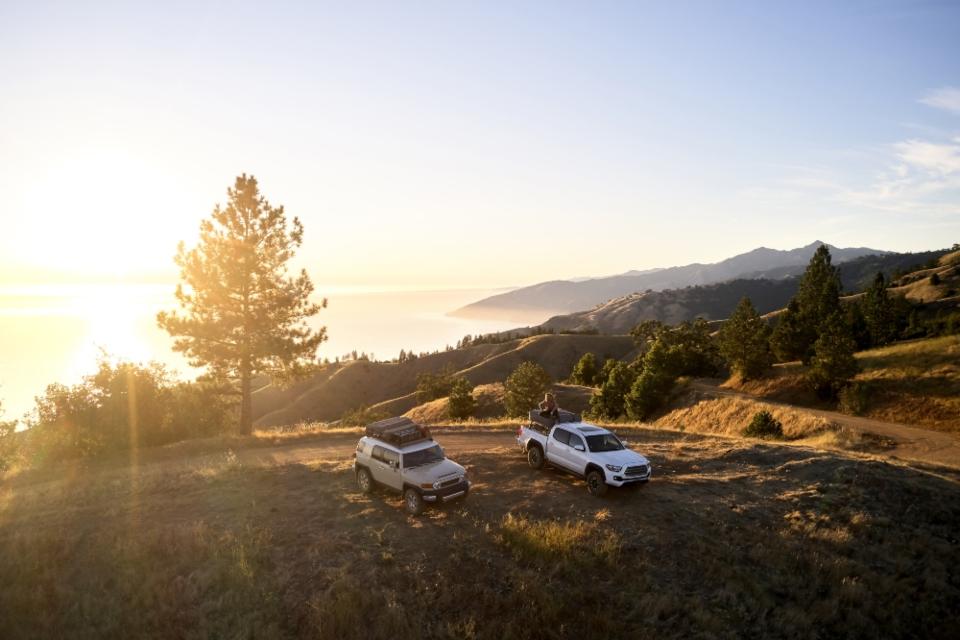While the idea of taking a spontaneous road trip is romantic, it loses its allure when you realise how much can go wrong with an unplanned trip. Taking the time to set up some basic plans will take most of the stress out of travelling. It will also help you save money on your trip by giving you the opportunity to look for money saving ideas.
Plan Your Route
Your first step in planning a great road trip is to create a route for the drive to your destination and back home. There are several things to do in planning your route. Of course, you will want to start with choosing the best roads to take. If you're eager to get to your destination, you'll want to take the most direct route.
If you want to stop and see the sites along the way, a more leisurely route is better. As you plan your route, highlight places you'll want to visit. You can also use an app to find the cheapest gas prices along your route so you can plan ahead for fuel stops. By sure to highlight rest areas as well. Knowing where there are public restrooms will help you plan out bathroom breaks for yourself and your passengers.
Pack Food For Meals
One of the biggest cash drains on any road trip is the money spent on fast food dining. You can eliminate this expense if you pack enough food for the trip. Bring along dry snacks, such as crackers, nuts, and seeds. You can also pack a cooler with ice, water, and fresh produce. Add lunch meat, cheese, and condiments for sandwiches.
When you stop for fuel, you can also replenish your supplies at a nearby grocery store. You'll find that this option will be much cheaper than stopping at restaurants for each meal. It's okay to stop once or twice at a favourite restaurant, but making most of your meals will help you save and help you eat healthier foods.
Choose Alternatives to Hotels
You can save money on your accommodations by considering alternatives to sleeping in hotels and motels. If you have a motor home, you'll find it's much less costly to park in a campsite. Just be sure to invest in an excellent short queen RV mattress that is in good condition for the journey. If you don't have an RV, look for hostels or short-term rentals. Many privately-owned vacation rentals are more comfortable than commercial hotel rooms, and they can be rented for less money.
Let Your Phone Be Your Guide
Rather than spending money on pricey tours, use your phone to help you plan a self-guided tour in your destination city. You can download an app that can be used as a guide for almost any major city and some smaller cities in the U.S. You can also use your GPS and Google searches to help you find more interesting events and sites to see.
Additionally, looking up events and attractions online will provide you with reviews from previous visitors to the area. This can help you decide if a particular attraction is really with your time and money. You can also talk to locals in bars and restaurants to find out what attractions they would recommend.
Leave Time For Leisure
Finally, don't schedule every minute of each day. Leave time on your road trip for fun and spontaneity. Leaving a few free hours can provide time to relax on the beach, go for a boat or train ride, or visit local shops. Trying to keep up with a tighter schedule will cause you to feel more stressed, which is the antithesis of a good road trip. Your travelling companions may even value a little time to relax in their beds or browse in some of the more interesting gift shops. Those few unscheduled hours can help you and your companions make some of the best memories of your trip.
Conclusion
Don't forget to have your vehicle checked out by a mechanic in advance. Ensuring your vehicle is prepared for a road trip will help you stay safer on the road. Don't forget to stock up on first aid supplies and some basic tools as well. Even if you don't use those supplies, you'll feel better knowing they are there as you drive America's highways.












